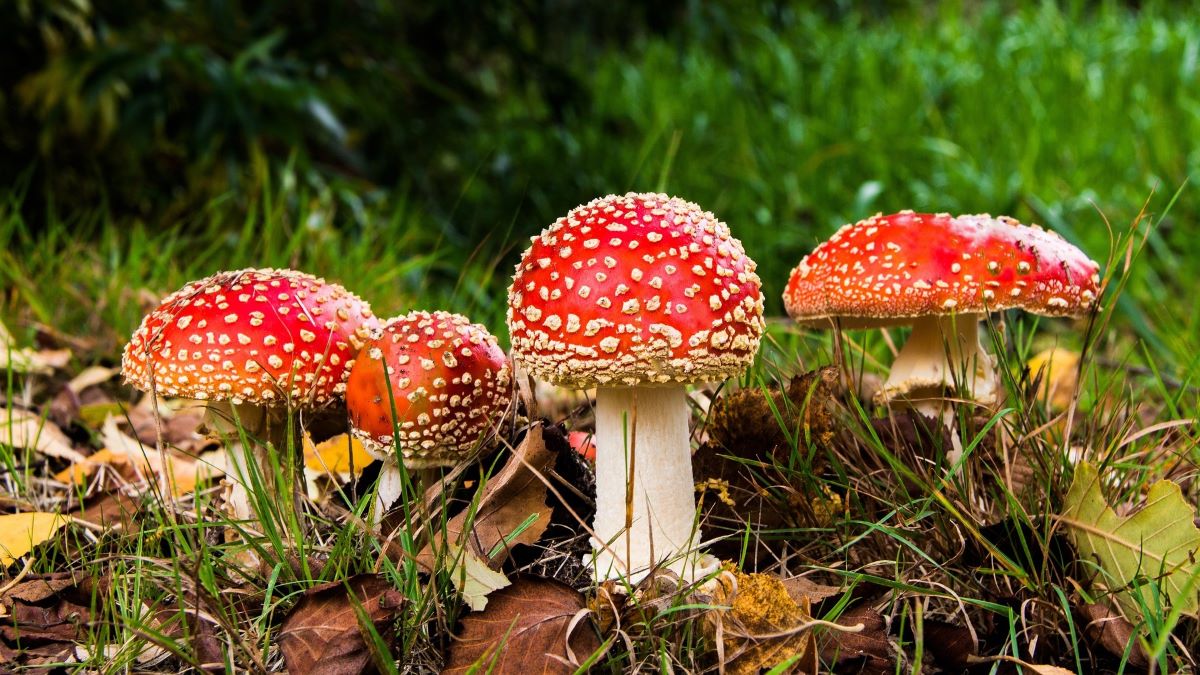Musk’s Alleged Drug Use Could Trigger More Than Headaches for Corporate Directors

As Elon Musk’s profile has evolved from tech innovator to a household name, the public has witnessed the behavior of the world’s wealthiest person fluctuate between quirky and odd to erratic and impulsive. But recent reporting about concerns over the Tesla founder’s alleged drug use raises a thorny corporate governance question for the board members of his companies. Does good corporate stewardship include initiating an intervention for executives dealing with substance abuse issues?
The Wall Street Journal reported this month that some in Musk’s inner circle – including executives and board members at his companies – have “developed a persistent concern” that drug use is one component driving his “contrarian views, unfiltered speech and provocative antics.” Musk has reportedly used LSD, cocaine, ecstasy and psychedelic mushrooms, typically at private parties that require attendees to sign nondisclosure agreements or give up their phones to enter. Musk has also smoked marijuana in public and admitted having a prescription for ketamine, a hallucinogen that makes patients feel detached from their pain and environment. According to the WSJ, people familiar with Musk and his companies said they fear his drug use could severely affect not only his health, but also the six companies – particularly Tesla and SpaceX – and billions in assets he oversees.
For corporate directors with fiduciary duties to shareholders, such concerns go beyond a public relations problem. The history of drug use affecting executives of high-profile companies isn’t pretty. A few examples:
- Tony Hsieh, the former chief executive of Zappos, resigned his post in 2020 after executives from parent company Amazon intervened to address Hsieh’s alleged ketamine abuse. Hsieh passed away later that year.
- American shoe designer Steve Madden resigned as CEO of Steve Madden Ltd. in 2001, and blamed addiction for his subsequent conviction on charges of stock manipulation, money laundering and securities fraud.
- Jimmy Cayne, former CEO of Bear Stearns, allegedly smoked pot while he was playing in bridge tournaments in March 2008 as the investment bank collapsed.
- Audrey Gelman was frank about her addiction issues while serving as co-founder and CEO of The Wing, a coworking space for women that shut down in 2022.
SpaceX’s relationship with the National Aeronautics and Space Administration (NASA) and the prominence of Tesla’s vehicles on the road further complicate Musk’s situation. SpaceX has $14 billion in contracts with the U.S. government, and the agreements contain strict language on drug use violations. Meanwhile, roughly 4,500 of the existing 8,000 satellites orbiting Earth are Starlink satellites launched by SpaceX. NASA’s only vehicle for transporting crew to the International Space Station is SpaceX’s Dragon spacecraft, while the SpaceX Starship megarocket is integral to NASA’s Artemis 3 mission to return humans to the moon. There’s also the matter of Tesla’s 30,000 charging stations in the U.S., which serve as key infrastructure for electric vehicles.
But worries about Musk’s partying won’t necessarily translate into action. The boards of his companies are stacked with his buddies, including his brother Kimball Musk. And for his part, Musk is pushing back against the WSJ’s reporting.
Against that backdrop, Musk is now threatening to develop his artificial intelligence projects through outside ventures instead of Tesla unless he can raise his ownership stake in the EV manufacturer from 13% to 25%. Will the attention-hungry billionaire take his eight ball and go home? Stay tuned.



